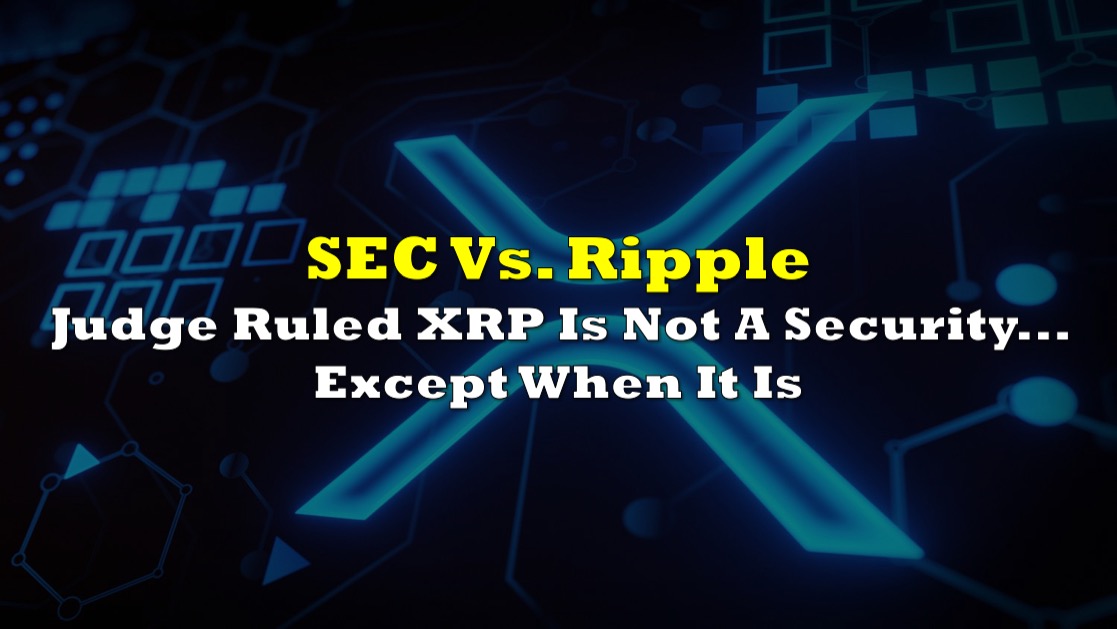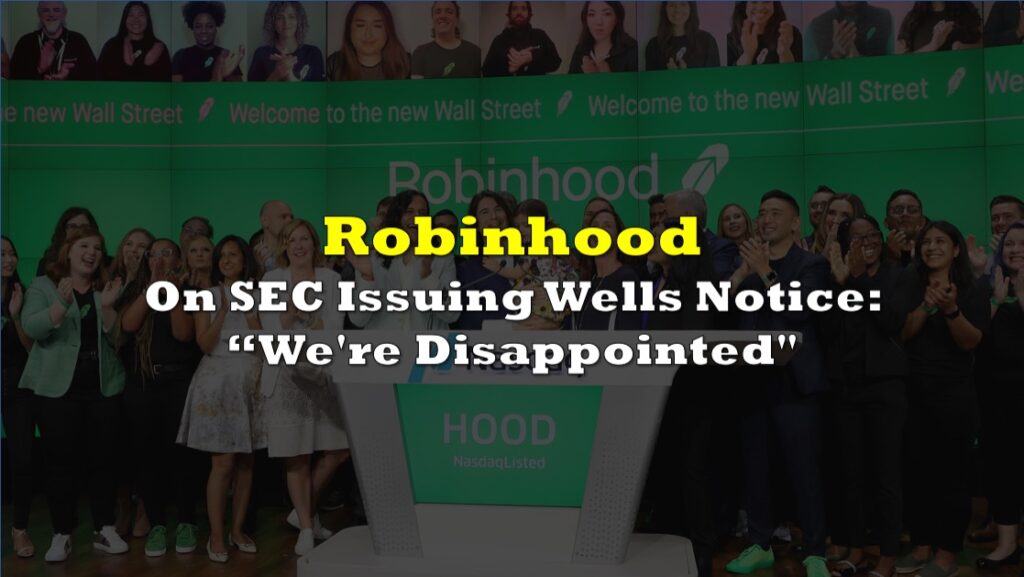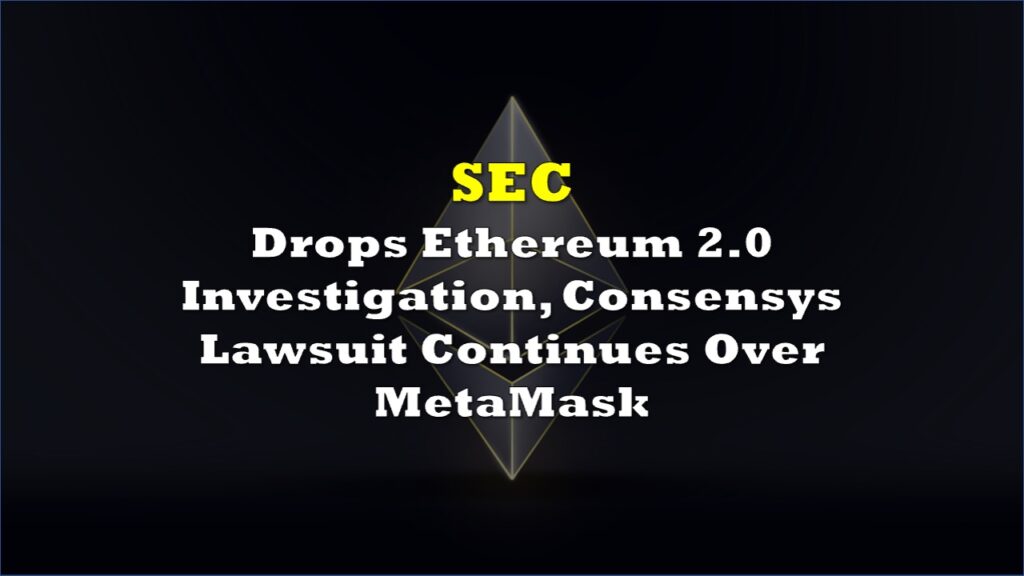In a significant development, Ripple Labs emerged partially victorious in the long-standing legal battle against the U.S. Securities and Exchange Commission (SEC). The ruling by Judge Analisa Torres in the United States District Court for the Southern District of New York addressed the status of Ripple’s digital asset, XRP, as a security.
According to court documents filed on Thursday, Judge Torres granted summary judgment in favor of Ripple Labs, affirming that the XRP token is not a security specifically in relation to programmatic sales conducted on digital asset exchanges. This decision brought relief to Ripple as it provided clarity on the regulatory classification of XRP for certain types of transactions.
The court determined that bounties, investments made using XRP, grants issued in XRP, and transfers of XRP to executives do not also fall under the category of securities.
“Therefore, having considered the economic reality and totality of circumstances, the Court concludes that Ripple’s Programmatic Sales of XRP did not constitute the offer and sale of investment contracts,” Judge Torres wrote.
But sometimes, XRP can also be a security
However, the SEC secured its own victory in the case. Judge Torres ruled that XRP qualifies as a security when sold to institutional investors, as it met the criteria established in the Howey Test. This determination implies that Ripple’s sales of XRP to institutional investors require compliance with additional securities regulations.
“Therefore, having considered the economic reality and totality of circumstances surrounding the Institutional Sales, the Court concludes that Ripple’s Institutional Sales of XRP constituted the unregistered offer and sale of investment contracts in violation of Section 5 of the Securities Act,” the judge noted.
Consider me confused… https://t.co/SAXkyncsJT
— Doomberg (@DoombergT) July 13, 2023
In her explanation, the judge said that the majority of individuals — retail investors — who acquired XRP from digital asset exchanges did not actually invest their funds in Ripple.
“An Institutional Buyer knowingly purchased XRP directly from Ripple pursuant to a contract, but the economic reality is that a Programmatic Buyer stood in the same shoes as a secondary market purchaser who did not know to whom or what it was paying its money,” she explained, delineating the two instances.
some oversimplifications of the decision being made in tweets that the "judge ruled that XRP is not a security"
— Molly White (@molly0xFFF) July 13, 2023
still, this looks like a pretty major win for XRP pic.twitter.com/CNrY20QFUm
The ruling can have a cumulative effect within the asset vs security debate for crypto assets. If a native token like XRP can be considered not a security sans institutional sales, this explanation could be utilized to argue the same for BTC and ETH.
Also, in the event that institutional sales, over-the-counter (OTC) transactions, and direct token sale raises are classified as securities, it would result in all selling being routed through public order books once more.
One huge fucking winner here is exchanges.
— Adam Cochran (adamscochran.eth) (@adamscochran) July 13, 2023
If institutional sales, OTC, and direct token sale raises are securities, then all selling is going to flow through public order books again.
No more billions in convertible funding rounds early on.
The SEC, which has been clamping down on crypto firms with Wells notices and charges as it tries to rein in “unregistered securities”, is likely to appeal the decision.
The SEC lawsuit, which commenced in December 2020, aimed to compel Ripple to cease offering XRP, alleging that the token constituted an unregistered security. Throughout the proceedings, Ripple and its CEO, Brad Garlinghouse, exhibited a defiant stance against the SEC’s accusations.
The courtroom battle, spanning over three years, witnessed various dramatic moments, including the release of the controversial “Hinman Documents.” Despite the ongoing legal ordeal, Ripple’s CEO remained resolute in his position, maintaining the company’s innocence.
The market responded swiftly to the news of the court ruling. Within minutes, the price of XRP surged from $0.62 to breaking the C$1.00-mark. The surge in XRP’s value sparked jubilation within the cryptocurrency community, reflecting the prevailing sentiment among investors and enthusiasts.
Information for this briefing was found via the Coin Telegraph and the sources mentioned. The author has no securities or affiliations related to this organization. Not a recommendation to buy or sell. Always do additional research and consult a professional before purchasing a security. The author holds no licenses.









